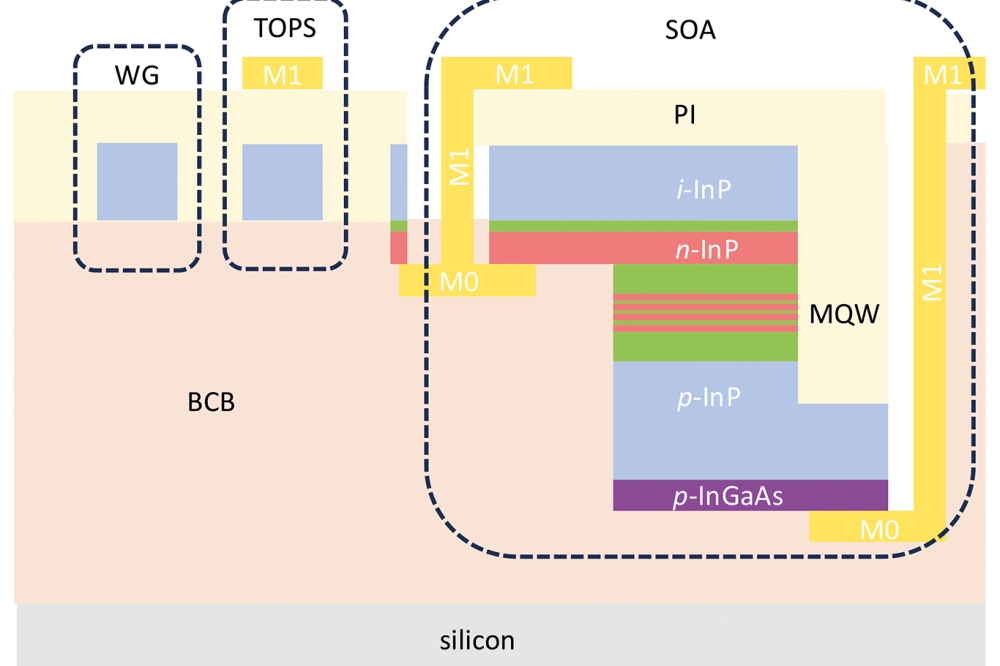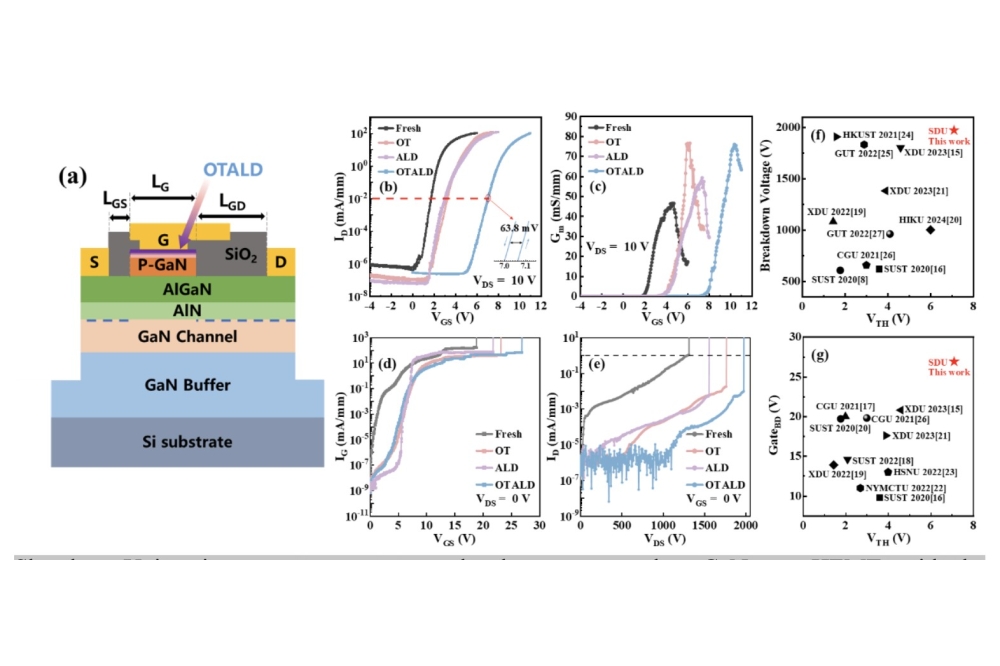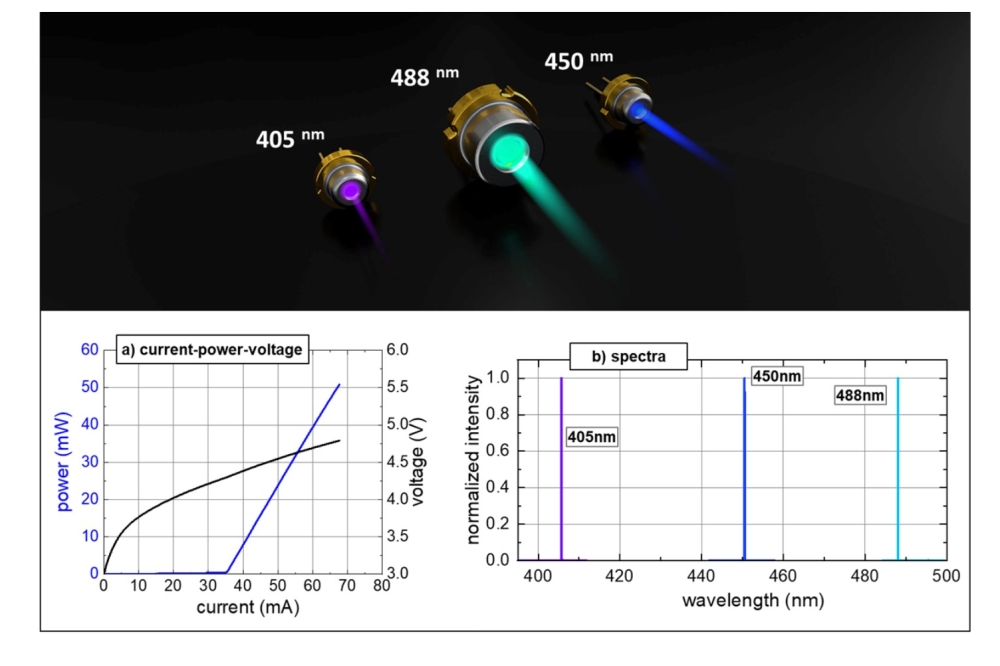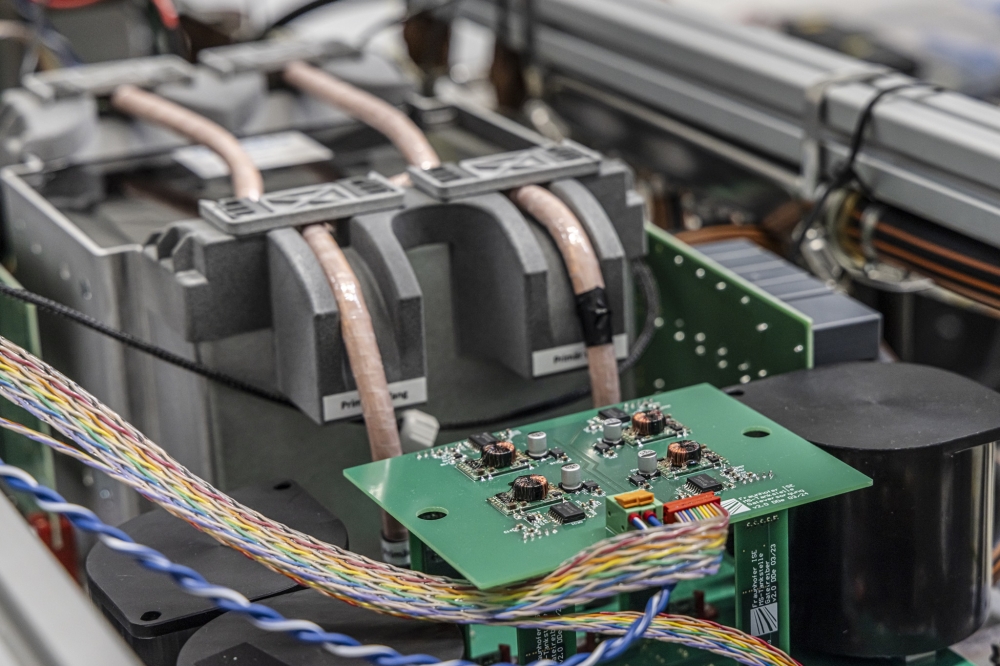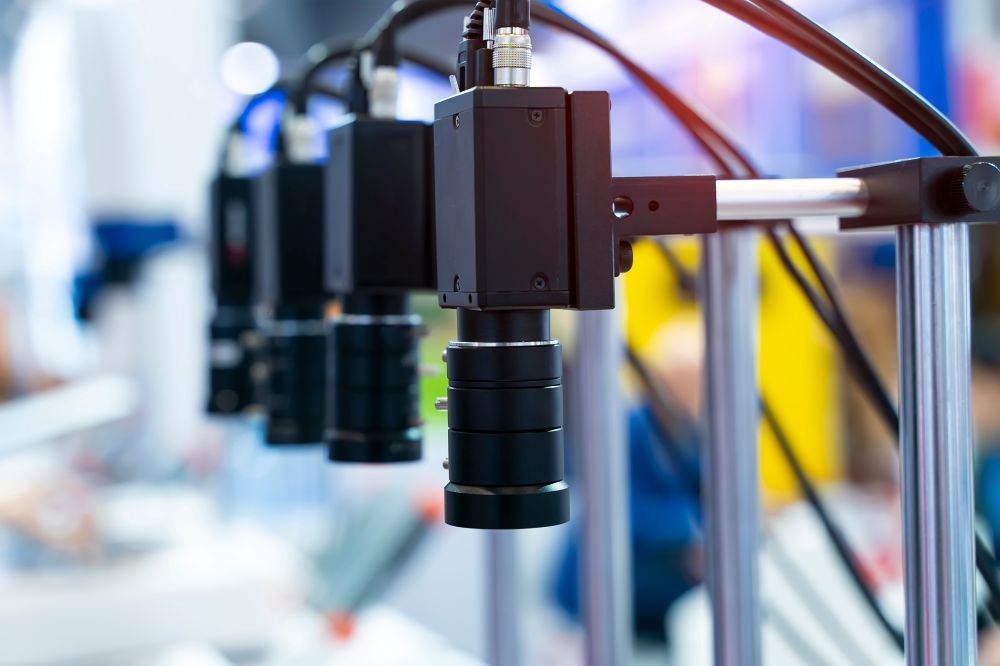Chips per car to rise to over a thousand

Chips implemented in cars to rise from ~820 chips today to ~1100 chips per car in 2027, says Yole
According to the market research firm Yole, despite a relatively flat light vehicle market, the market for semiconductor chips is expected to increase from $44 billion in 2021 to $80.7 billion in 2027 at a CAGR of 11.1 percent.
This represents a semiconductor chip value of ~$550/car, growing to ~$912 in 2027. It shows an increase in the number of chips implemented in cars, from ~820 chips today to ~1100 chips per car in 2027.
These figures comes from the company's new Semiconductor Trends in Automotive 2022 report.
Pierrick Boulay, senior technology and market analyst in the Photonics and Sensing Division at Yole Intelligence, said: “The rapid increase in car electrification demands new types of substrates, such as SiC for power electronics. It is expected to represent 1,130 kwafers in 2027. While still low compared to the ~30,500 kwafers of Si expected for 2027, SiC will grow faster than Si and GaAs /Sapphire.
"ADAS is also an important driver, and MCU s with cutting-edge technology as low as 16 nm / 10 nm will go into ADAS, including radar and other sensor controls. Levels 4 and 5 of autonomy will drive increasing demand for more memory (DRAM) and computing power”.
For electrification, vertical integration is becoming popular among OEMs. It can work out in multiple ways: full integration down to the component level, system integration and subcontracting build-to-print parts, strategic cooperation/direct investments with key component suppliers, etc.
The conventional automotive supply chain needs to examine its position thoroughly and transform through JVs, M&As, and new investments and divestments to retain its competitive edge. Although semiconductors are critical to the automotive industry in the ongoing disruptive transition, most players, both OEMs and T1 suppliers, do not have well-defined strategies for semiconductors yet. Specific expertise in semiconductor technologies and their supply chains, both internally and externally, is urgently needed to prepare for the future.
Eric Mounier, director of market Research at Yole Intelligence said: “Supply chain management will change as OEMs will need to negotiate directly with chip manufacturers, learn from the consumer industry, and keep ‘buffer stock’, “They must work closer with chip manufacturers on volume forecasts and long-term orders. Just-in-time manufacturing, pioneered by Toyota in the 1960s, no longer works with chip manufacturers in the current geopolitical climate”.

























